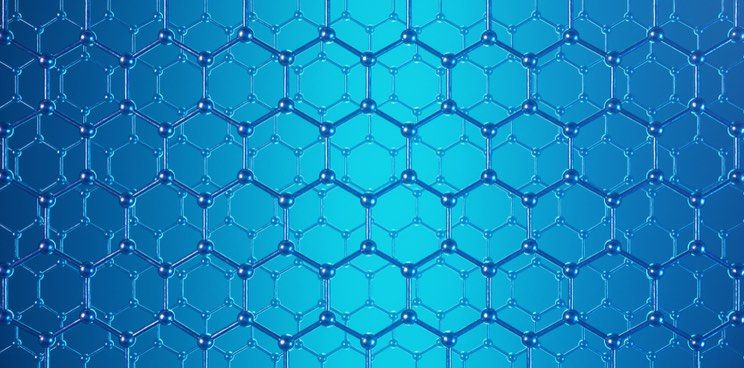An international group of researchers has made graphene more affordably and with a lower environmental impact than current chemical methods by using bacteria.
Graphene is a very strong and conductive material that could revolutionize electronics and engineering. However, producing graphene in large quantities requires lots of energy and involves toxic chemicals, such as hydrazine, which damages the nervous system.
Researchers from the Delft University of Technology in the Netherlands and the University of Rochester in the US have worked to overcome these problems by using bacteria to produce graphene. Their work has been published in the journal ChemOpen.
